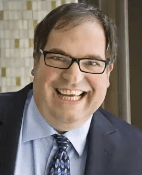Dr. Daryan Angle, IRIS VP Business Development recounts how the COVID crisis accelerated the group’s advanced technology adaption and customer flow management. IRIS continues to be bullish in acquiring partnerships and sees little impact on valuations as a result of COVID closures.
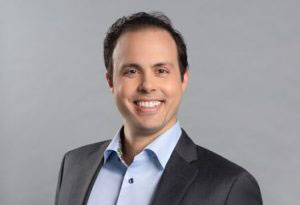 |
About the GuestDr. Daryan Angle graduated from the University of Waterloo School of Optometry in 2001. He joined IRIS in 2002 as a practicing optometrist in British Columbia, and shortly thereafter became a franchise partner with IRIS. In 2006 Dr. Angle relocated to Ontario. He currently holds the title of Vice President Business Development and in that role, primarily focuses on buying, partnering and integrating optical stores and optometry practices into the IRIS network. |
Episode NotesDr. Daryan Angle recounts how IRIS, a 400-location network across the country subject to a variety of provincial regulatory edicts, not only withstood but excelled out of the COVID calamity. IRIS took an early decision to lock down the entire network and then marshalled the organization’s significant resources to support staff through the various government programs to protect their livelihood. Dr. Angle explains the intensity of the communications effort to keep everyone on the same page and informed of the group’s actions, including taking a centralized approach to secure Personal Protective Equipment (PPE). He also explains how IRIS managed suppliers and landlords in their effort to preserve cash. Daryan explains how the IRIS model, with relatively lower patient numbers with more personal service time, fit nicely with mandated appointment-only retailing. The pandemic actually accelerated IRIS’ move forward in their efforts to rigoursly manage the timeline of the customer journey for eye exams and dispensing. The necessity to reduce patient contact time, also advanced e-commerce initiatives and their 3D technology partnership with Topology Eyewear, which can deploy remote facial scans to adjust the frame even without the patient on site. Finally from the IRIS perspective, he explains how 3-year averaging and accommodation for the COVID closure period mitigates the impact on practice valuations. IRIS remains bullish on the market and actively seeks partnerships with independent opticals and optometric practices. |
Resources |
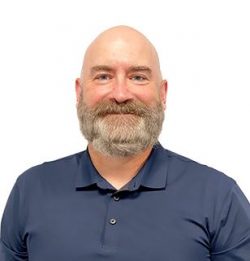
Dr. Glen Chiasson
Dr. Glen Chiasson is a 1995 graduate of the University of Waterloo School of Optometry. He owns and manages two practices in Toronto. In 2009, he co-hosted a podcast produced for colleagues in eye care, the “International Optometry Podcast”. He is a moderator of the Canadian Optometry Group, an email forum for Canadian optometrists. As a host of “Eyes Wide Open”, Glenn looks forward to exploring new new technologies and services for eye care professionals.
Dr. Chiasson enjoys tennis, hockey, and reading. He lives in Toronto with his wife and two sons.
Dr. Chiasson splits EWO podcast hosting duties with Roxanne Arnal.













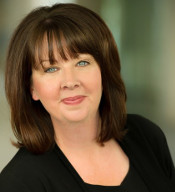

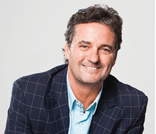

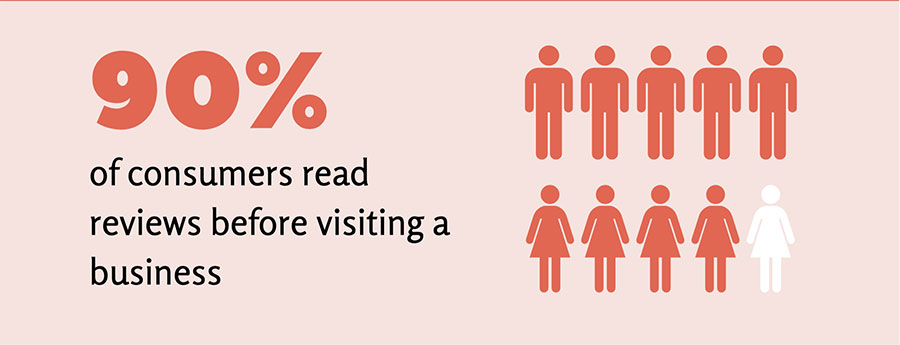
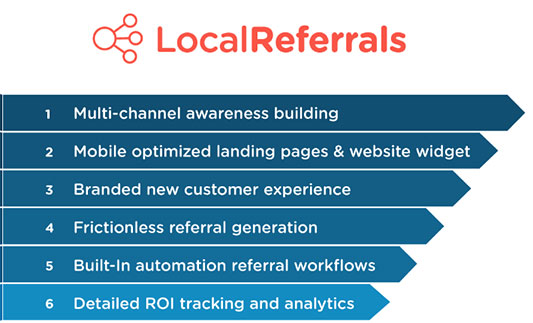
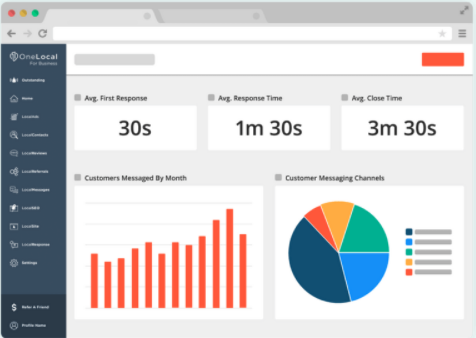
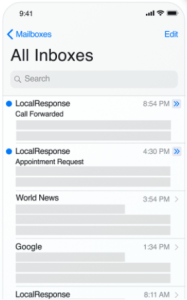
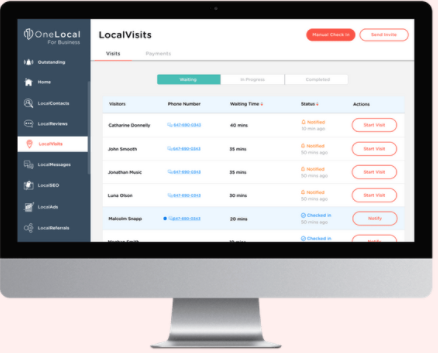
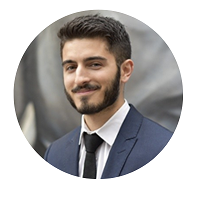
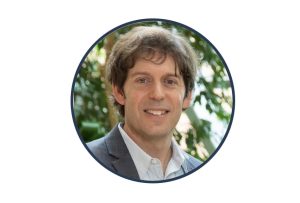


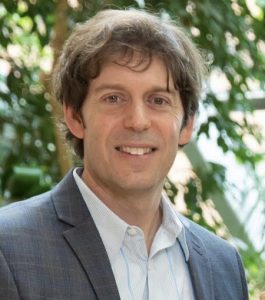

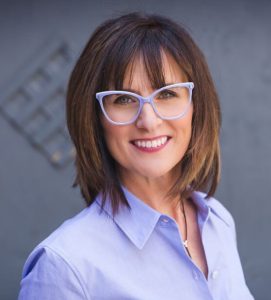
 While the “
While the “
